Qt is still the only excellent cross-platform desktop GUI framework.
It’s a pity that its current custodian’s commercial licenses:
- are subscriptions
- are painfully expensive for a solo developer or small group
- have a reputation for triggering legal threats and badgering from The Qt Company if one ever wants to end their subscription or (separately) use the open-source license for a FOSS project
This situation makes me afraid to use their commercial offerings, which in turn means they won’t get any money from me at all; I feel that I can safely use their libs only in open-source code. Their business model is their decision, of course, but I can’t help wondering if their whale-hunting approach actually nets them more money than a more accessible, lower-cost, one-time (or one-major-version) license option would. In many other industries, high sales volume reaps more profits than high price.
Thank goodness for the KDE Free Qt Foundation.



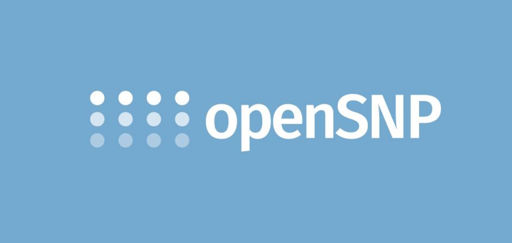
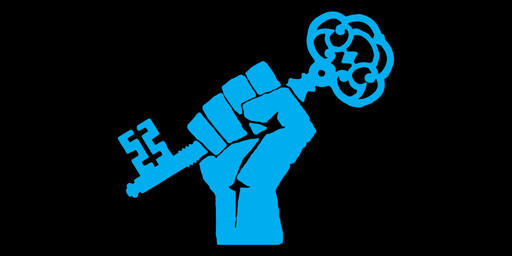





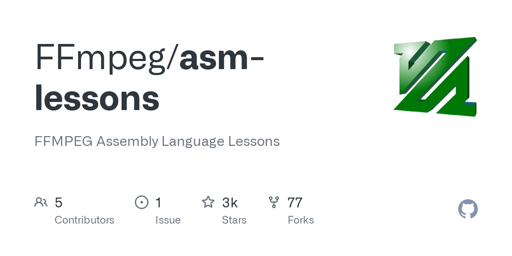
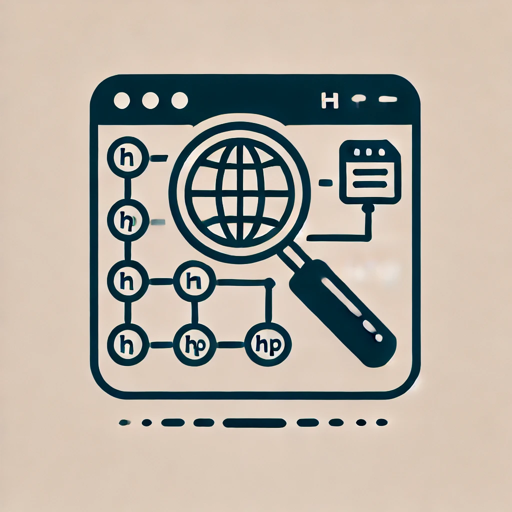



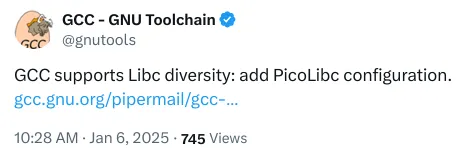

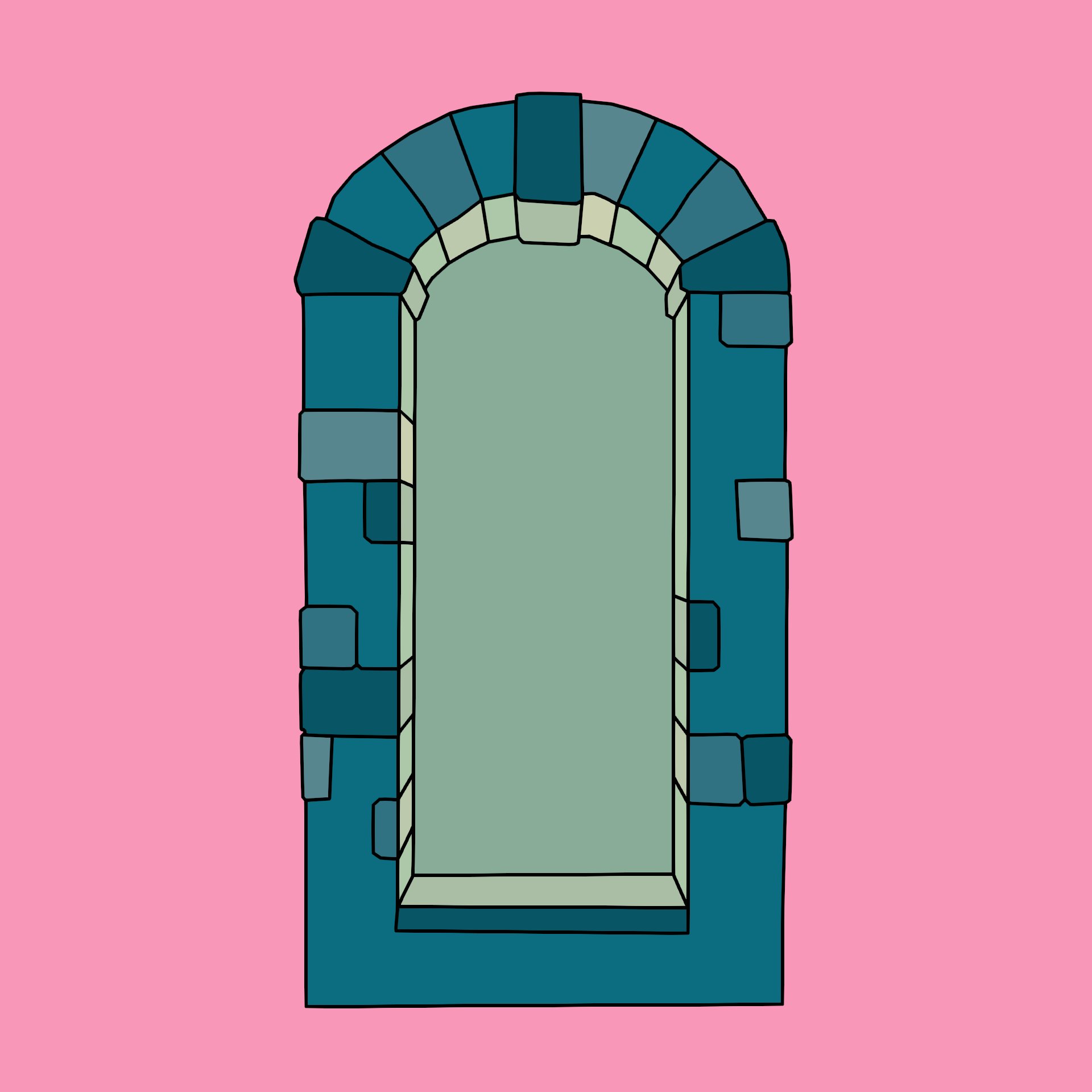

*I’m your huckleberry